(October 12, 2023) In 2014, during a visit to his parents in Mumbai, Asim Bhalerao noticed an unusual notice posted on the building’s bulletin board, something he had rarely seen before. The notice announced a water supply interruption from 9:00 a.m. to 5:00 p.m. Although this appeared to be a minor inconvenience at the time, upon returning to his parent’s place six months later, he discovered that the issue remained unresolved. In his conversation with the Chief Engineer of the Bombay Municipal Corporation (BMC), the entrepreneur learned that BMC and the society’s maintenance team had been grappling with a persistent challenge – pinpointing a leak in a two-kilometre-long pipeline.
Regrettably, all their efforts had proven fruitless. Asim’s curiosity led him to inquire about the leak detection method being employed, only to discover that they were relying on outdated technology for this task. “Lacking reliable or at times non-existent maps provided by the municipal corporation, they were forced to depend on local insights to pinpoint the pipe’s location, occasionally spending weeks excavating. Once they had exposed the pipe’s surface, they employed a traditional method involving sounding rods to assess its condition as either ‘good’ or ‘bad’,” he shares as he connects with Global Indian.
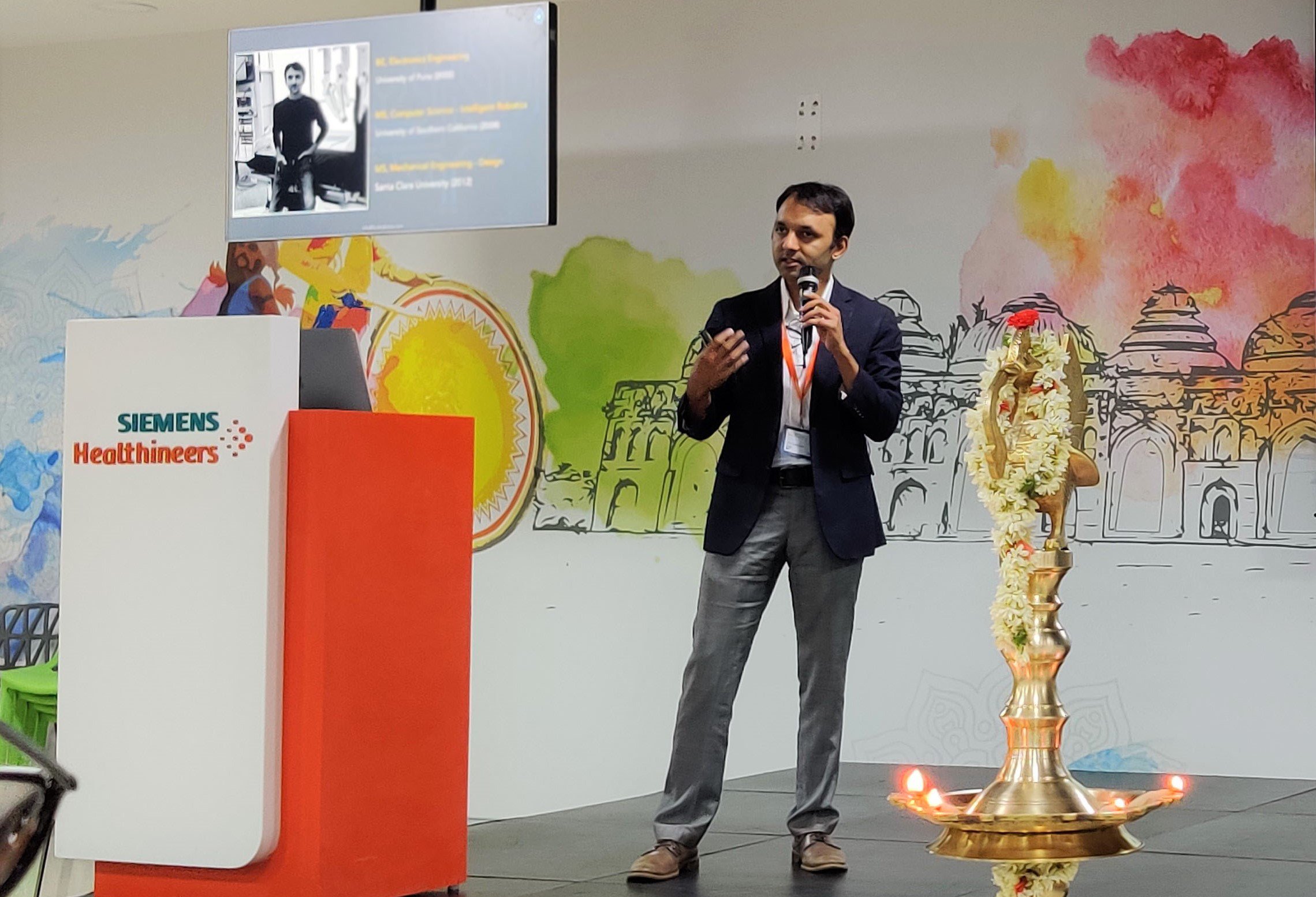
Asim Bhalerao
This incident motivated Asim Bhalerao, and his wife Nidhi – back then working in a big corporate in the Silicon Valley, USA – to establish Fluid Robotics, and move to India in early 2016. The startup specialised in offering solutions and services geared towards enhancing the management of water and wastewater infrastructure. By harnessing the power of robotics and data-driven insights, this company is effectively working towards its objective of assisting cities in reducing pollution stemming from untreated wastewater discharging into rivers, lakes, and groundwater.
“Upon discovering the magnitude of the issue in India, we realised that there were no companies dedicated to developing technologies to address these challenges. Initially, we launched pilot projects in India while residing in the United States. Soon, we recognised the necessity of relocating to India to gain an in-depth understanding of the issues and complexities associated with working in the government sector,” shares the entrepreneur.
For the love of machines
A Mumbai lad, Asim Bhalerao recalls that he was always fascinated by machines. “I grew up in a very academic family. My father was a scientist at the Tata Institute of Fundamental Research in Mumbai. So I was always inclined technically and ended up pursuing engineering after high school. And, that’s where I got interested in the field of robotics.”
The entrepreneur pursued electronics engineering from the University of Pune and it was there that he participated in several robotics competitions across the country. “And we happened to win many of those competitions, representing our engineering college and even post-engineering,” he shares. So fascinated was the entrepreneur with the field, that he decided to pursue a higher degree in it. “I wanted to continue studying robotics, which meant doing a master’s degree in computer science and robotics. So I enrolled at the University of Southern California, Los Angeles. There, I did a lot of work in underwater robotics and autonomous submarines,” Asim shares.
While studying Asim Bhalerao also interned at a company called Aero Environment. “They built drones,” shares the entrepreneur, adding, “I did a lot of the hardware work on drones back then. I earned my masters in 2008, but by the time I graduated, I realised that my real passion was in mechanisms. I really enjoyed mechanical engineering, and even though I didn’t have a formal education in that field, I always ended up dabbling in mechanism design across all my projects.”
Soon after finishing his master’s, Asim joined a Silicon Valley-based company called Intuitive Surgical, which built surgical robots. “I joined that company and very quickly convinced the senior management that even though I’ve come from a software background, I have some mechanism designing skills as well. Therefore I wanted to pursue mechanical engineering within the organisation. They looked at my background and were kind enough to fund another master’s in mechanical engineering. So I ended up pursuing another master’s in mechanical engineering, and I spent about 10 years in that company,” shares the entrepreneur.

Nidhi Jain, the co-founder of Fluid Robotics
Those 10 years really helped Asim understand the nuances of mechanism. It was also during this time that the entrepreneur met his now wife and co-founder, Nidhi Jain.
A colossal undertaking
After shifting to India to establish Fluid Robotics, Asim Bhalerao and Nidhi found out that there was a severe lack of technology or access to technology for sewage-related issues, in the country. “About 80 percent of water pollution that was being generated in the Indian cities, was not being treated. When I read some of these reports I felt that the problem was quite big, and required immediate attention, however, no one was working on the issue. even before shifting to India, I and Nidhi spent about a year working on building the prototype of a robot that can help with cleaning these sewages, and also did a quick pilot project, and took feedback from the public, local authorities, and Municipal Corporation of Greater Mumbai (MCGM),” shares the entrepreneur.

The company’s primary offering is a robotic system designed for the mapping and inspection of underground pipelines. This system digitises the data gathered from pipelines, facilitating the identification of structural flaws, operational issues, maintenance failures, and various other aspects. “Our conviction is that the reduction of water loss and the optimisation of water recycling can be primarily realised through efficient management of pipeline infrastructure. Achieving this involves mapping a substantial portion of the subterranean pipeline network and evaluating its condition by identifying any faults. The urgency of this endeavour in India is unparalleled globally.” explains the entrepreneur.
Coming up with innovative solutions to deal with the issue, Asim and Nidhi decided to employ drones for the comprehensive mapping of various elements, including buildings, slums, pipelines, roads, villages, and more. Explaining the process, Asim says, “These maps play a crucial role in gaining insights into the region’s topography and hydraulics. Additionally, they aid in pinpointing storm water outfalls responsible for discharging untreated wastewater into lakes and rivers. Furthermore, the drones are equipped with sensors that provide precise measurements of wastewater flow within storm water drains.”
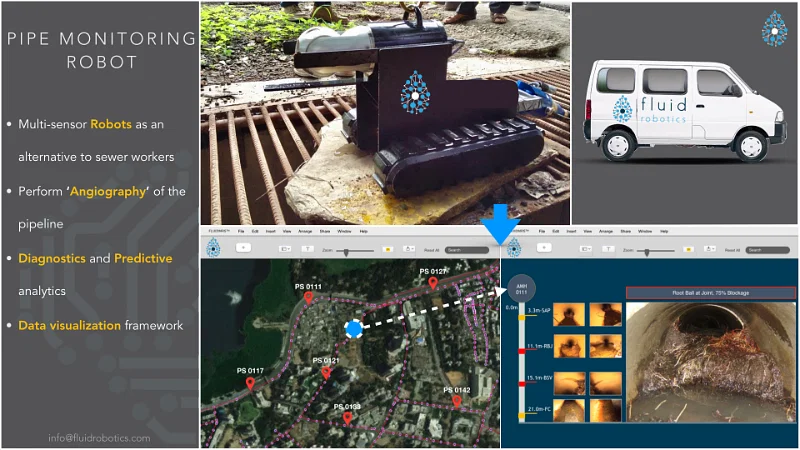
Fluid Robotics, which has won several awards, including the ‘Best Water Instrumentation and Automation’ company as part of the Water Awards supported by the Ministry of Water Resources, River Development, and Ganga Rejuvenation, UNESCO, has eliminated more than 5600 hours of manual scavenging. “There are a couple of major areas that we’re focusing on now,” says the entrepreneur talking about their plans, adding, “One of our projects is regarding COVID and how important the public health system is. As we had so much experience monitoring and draining pipelines, we built our own public health programme to monitor infectious diseases in Pune City. Interestingly, we were able to detect the Omicron variant of the virus weeks before the first global clinical case that had come up. Going forward we want to work on projects which can help us identify any unforeseen public health event like the pandemic.”



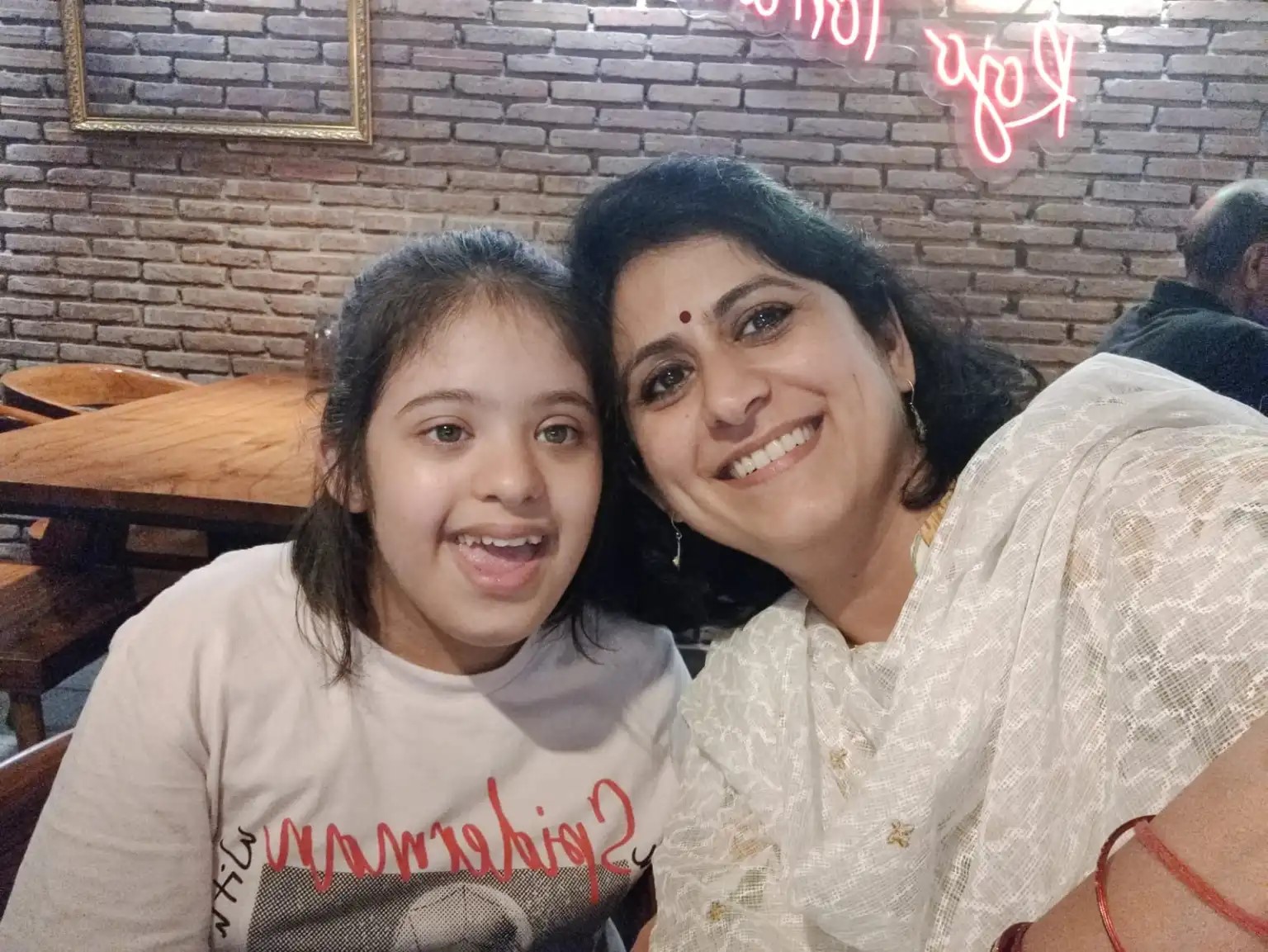 Shivani Dhillon and her daughter, Shreya[/caption]
Shivani Dhillon and her daughter, Shreya[/caption]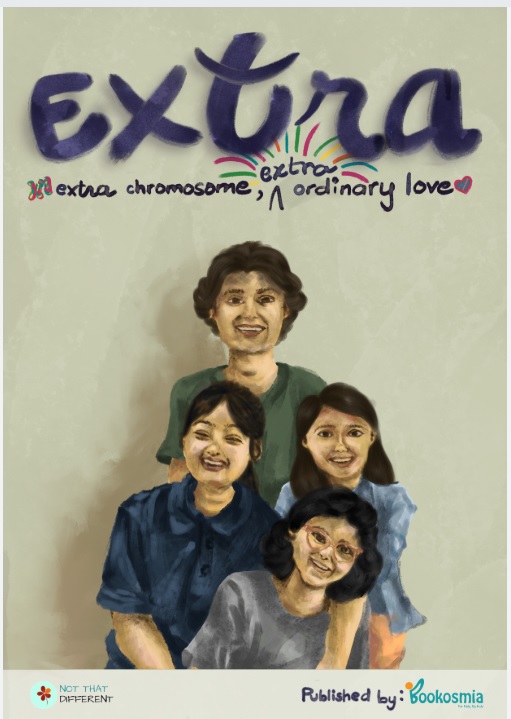
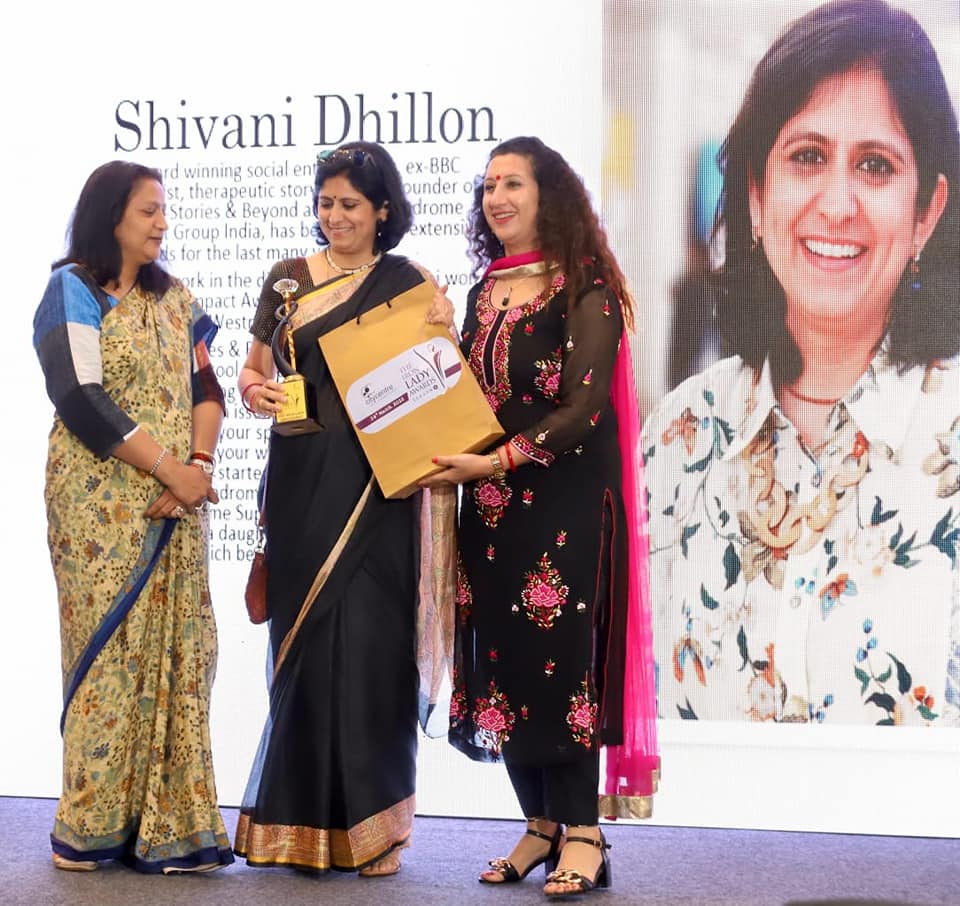

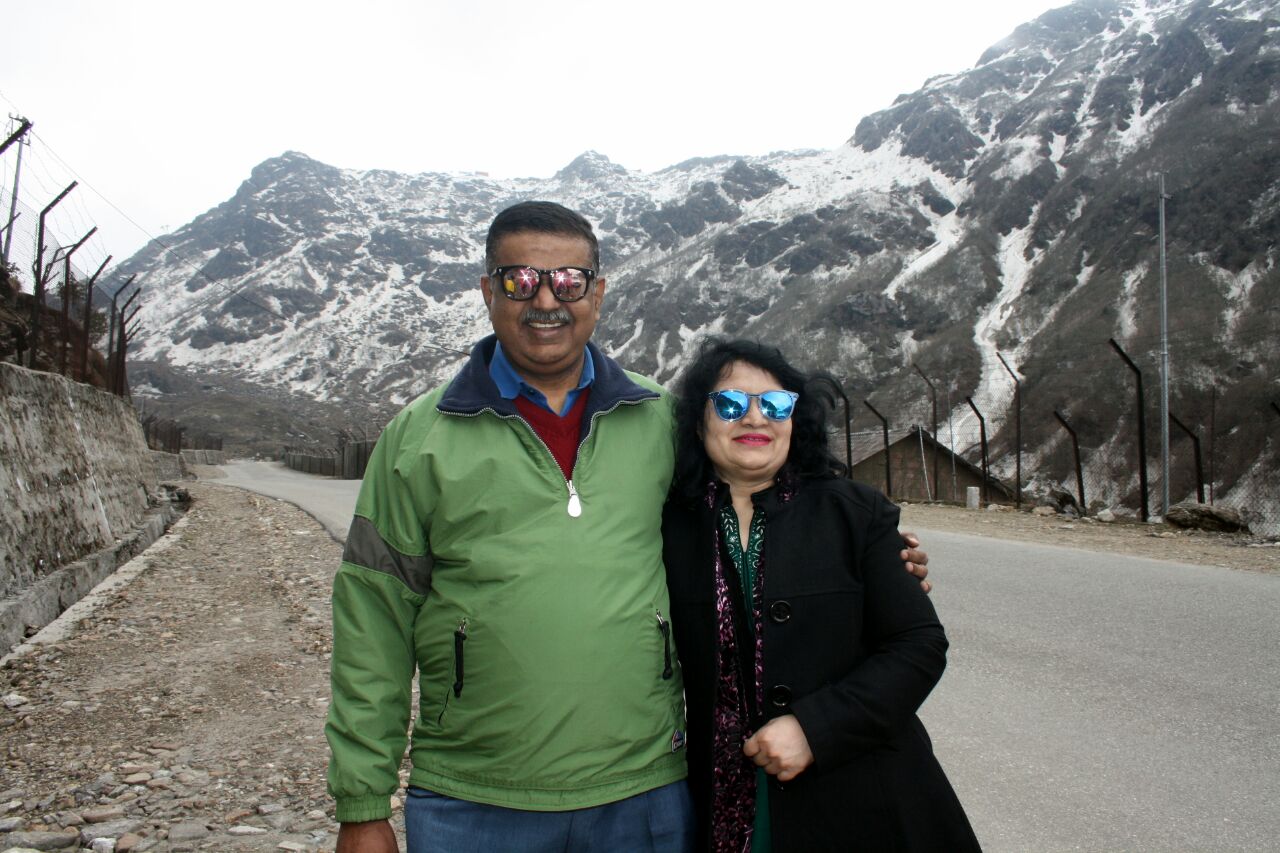
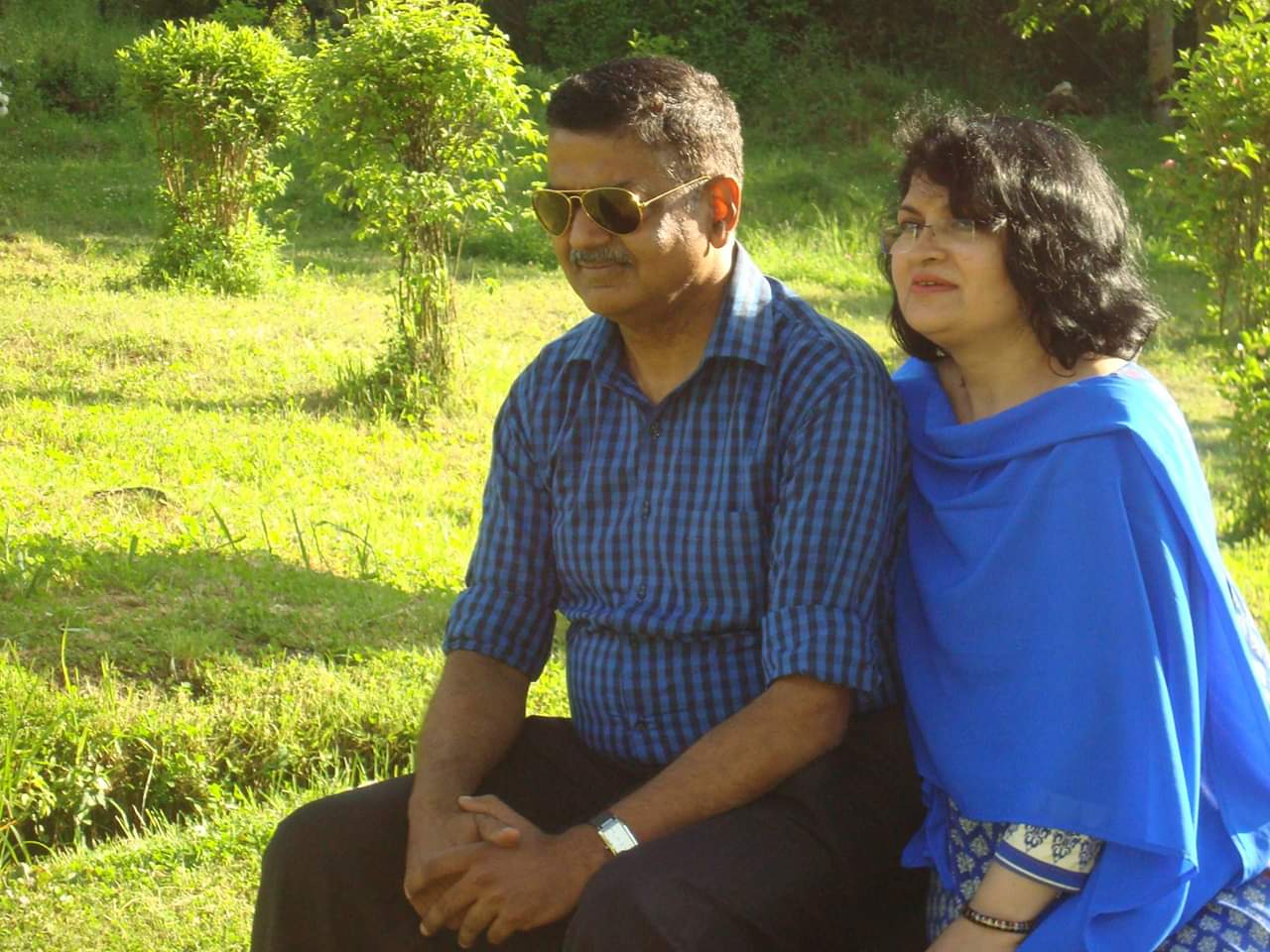
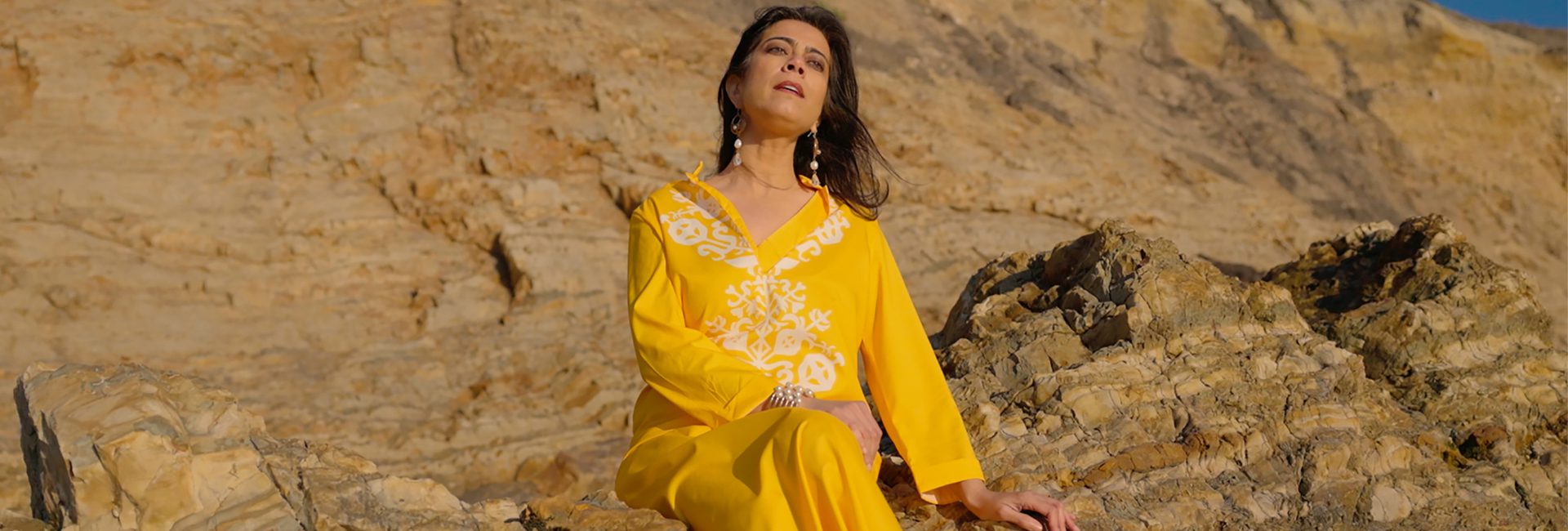
 Devika Chawla, singer-songwriter[/caption]
Devika Chawla, singer-songwriter[/caption] Devika with Amaan Ali Bangash and Ayaan Ali Bangash[/caption]
Devika with Amaan Ali Bangash and Ayaan Ali Bangash[/caption]
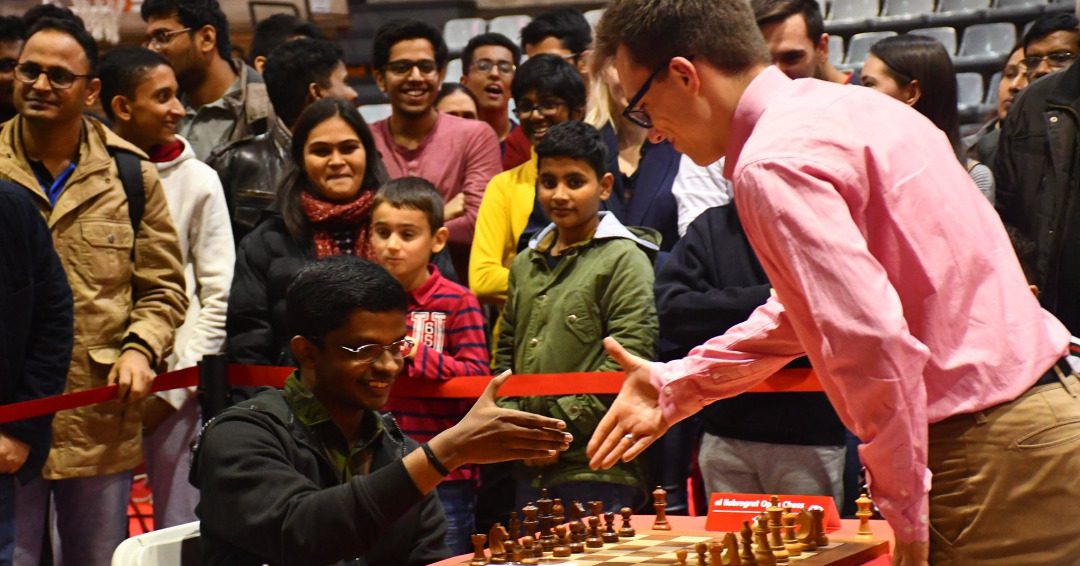
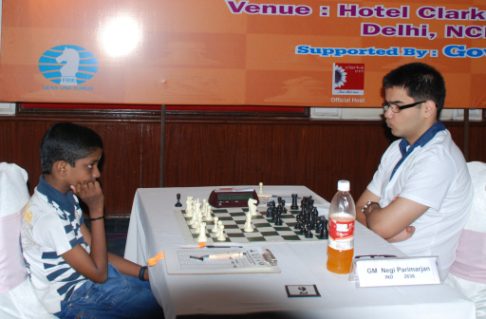 A young SL Narayanan up against top GM Parimarjan Negi.[/caption]
A young SL Narayanan up against top GM Parimarjan Negi.[/caption]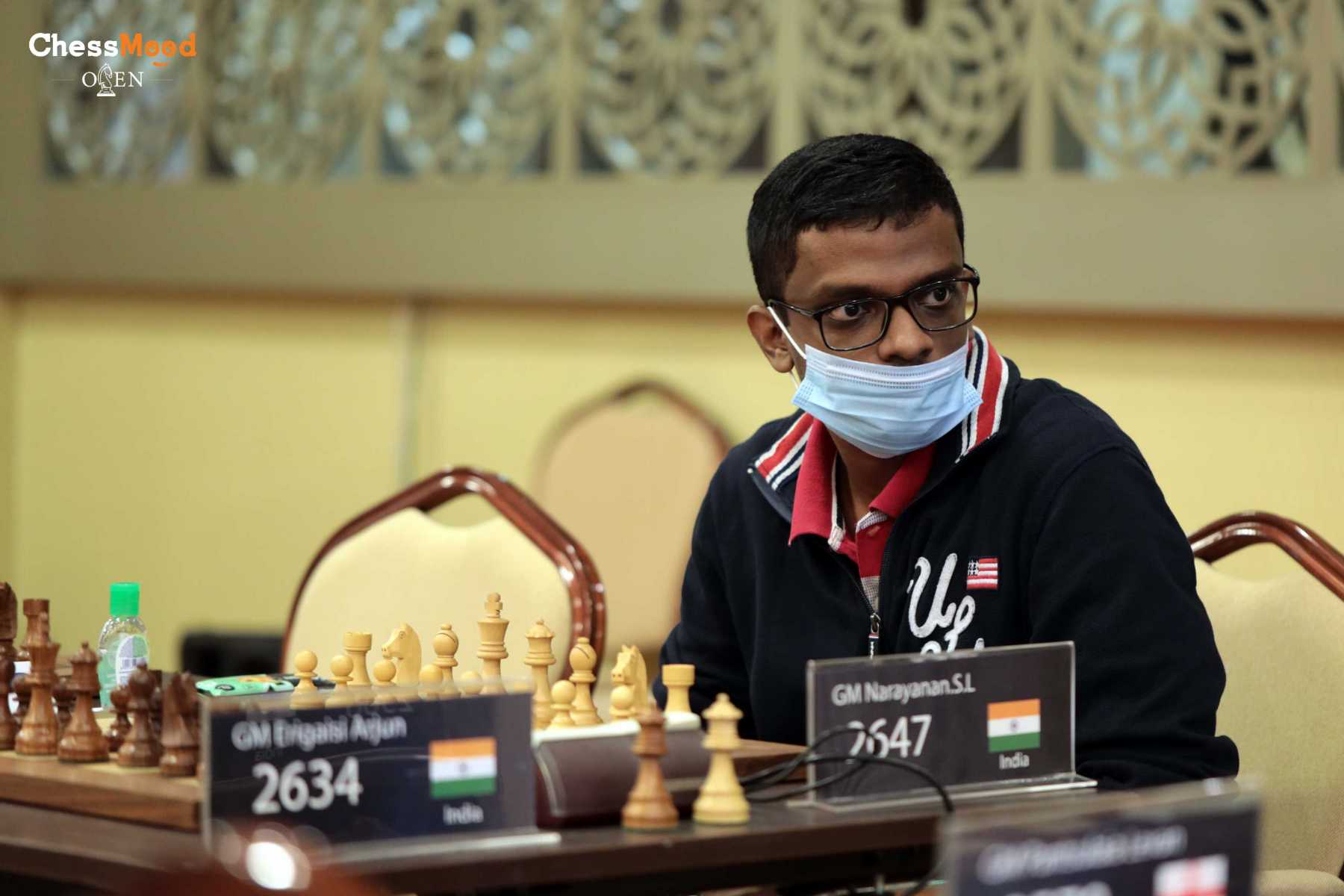 Grandmaster SL Narayanan[/caption]
Grandmaster SL Narayanan[/caption]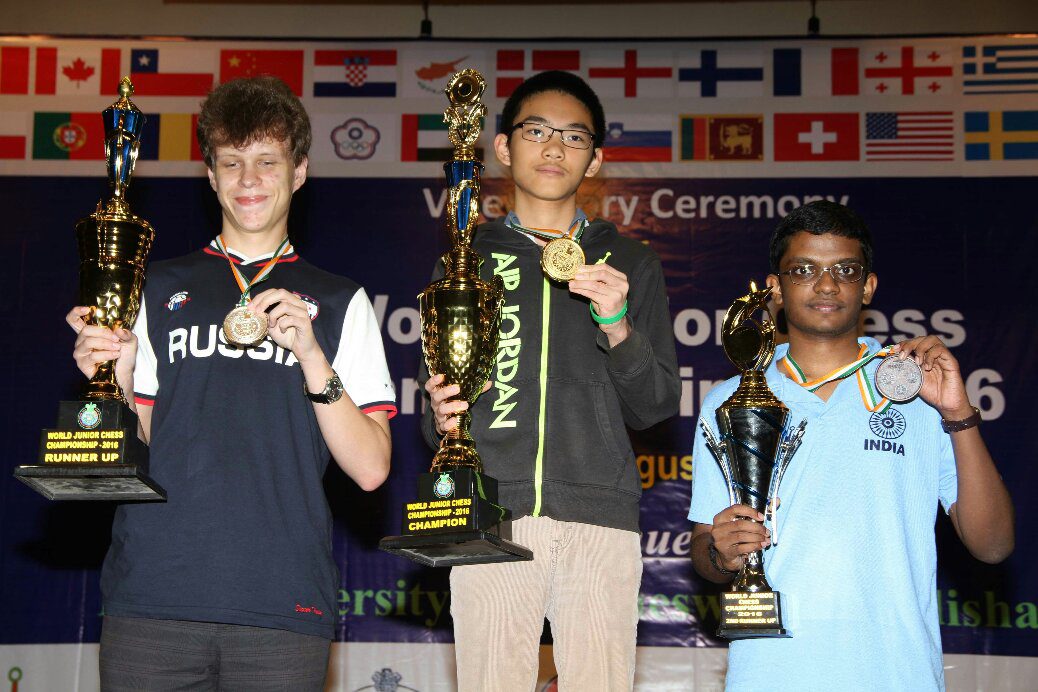 SL Narayanan at World Junior Chess Championship 2016[/caption]
SL Narayanan at World Junior Chess Championship 2016[/caption]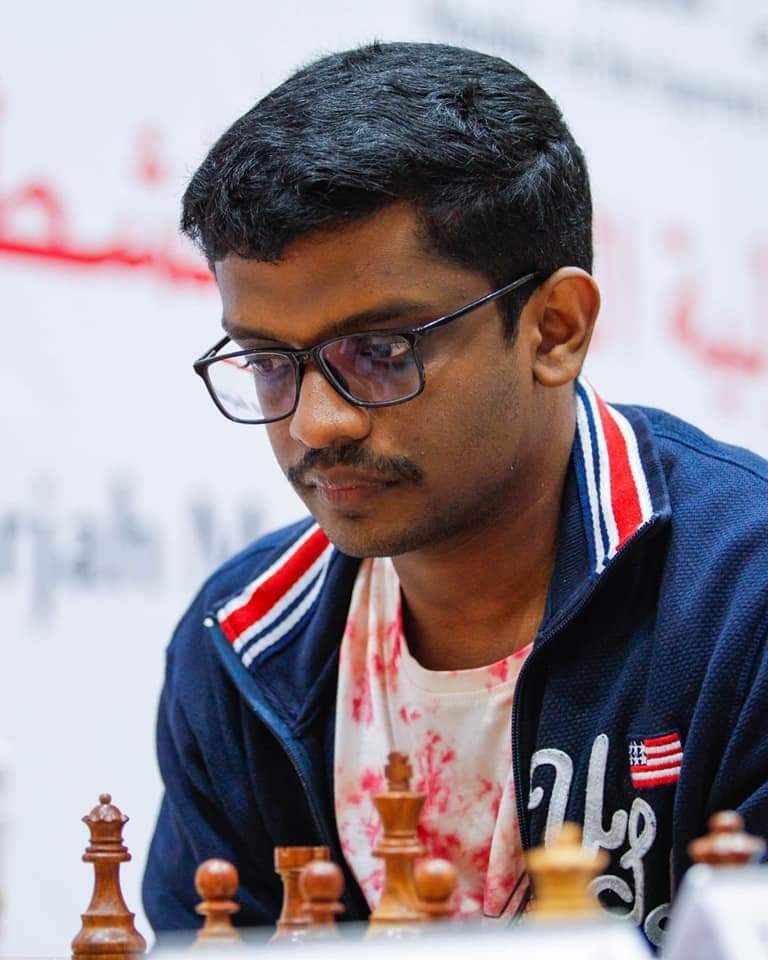 SL Narayanan[/caption]
SL Narayanan[/caption]

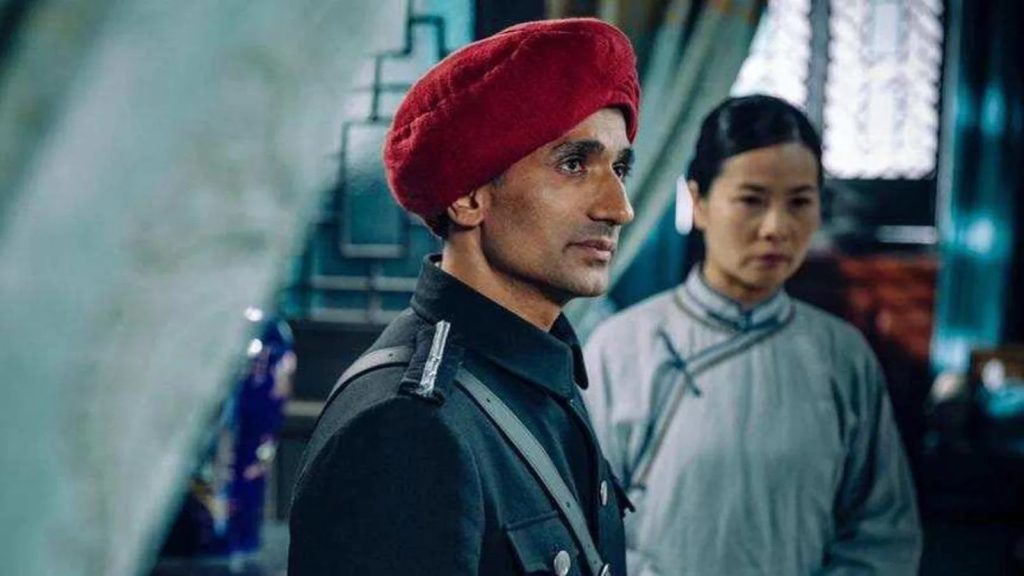
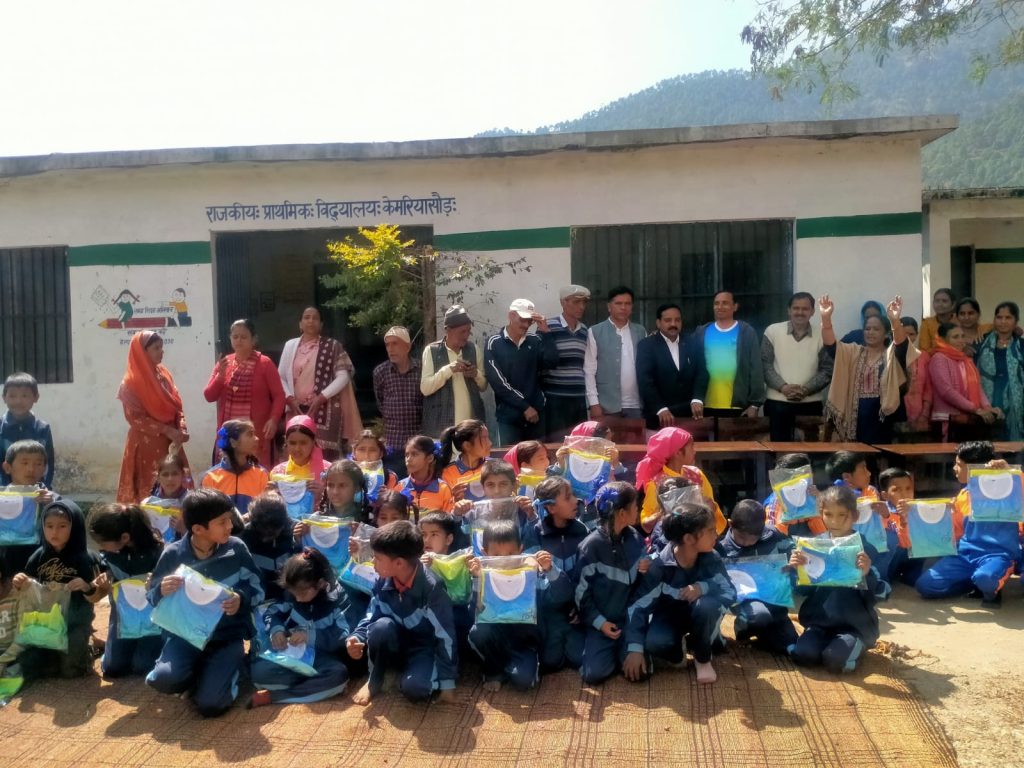 Raturi Foundation[/caption]
Raturi Foundation[/caption]